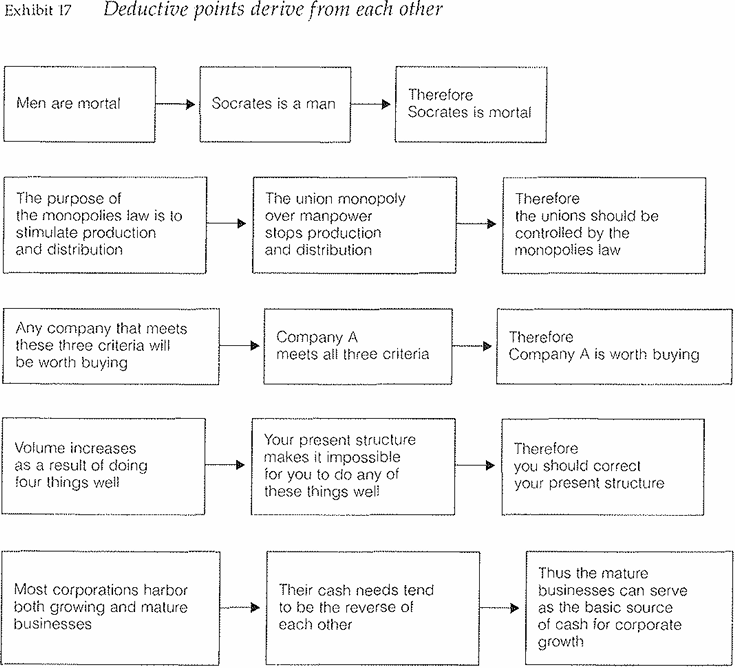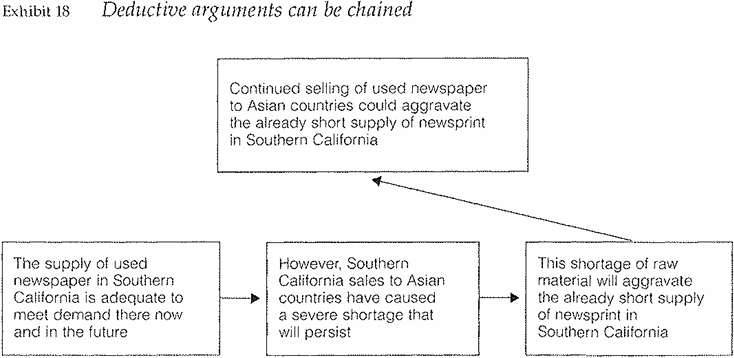

Grammar


Tenses


Present

Present Simple

Present Continuous

Present Perfect

Present Perfect Continuous


Past

Past Simple

Past Continuous

Past Perfect

Past Perfect Continuous


Future

Future Simple

Future Continuous

Future Perfect

Future Perfect Continuous


Parts Of Speech


Nouns

Countable and uncountable nouns

Verbal nouns

Singular and Plural nouns

Proper nouns

Nouns gender

Nouns definition

Concrete nouns

Abstract nouns

Common nouns

Collective nouns

Definition Of Nouns

Animate and Inanimate nouns

Nouns


Verbs

Stative and dynamic verbs

Finite and nonfinite verbs

To be verbs

Transitive and intransitive verbs

Auxiliary verbs

Modal verbs

Regular and irregular verbs

Action verbs

Verbs


Adverbs

Relative adverbs

Interrogative adverbs

Adverbs of time

Adverbs of place

Adverbs of reason

Adverbs of quantity

Adverbs of manner

Adverbs of frequency

Adverbs of affirmation

Adverbs


Adjectives

Quantitative adjective

Proper adjective

Possessive adjective

Numeral adjective

Interrogative adjective

Distributive adjective

Descriptive adjective

Demonstrative adjective


Pronouns

Subject pronoun

Relative pronoun

Reflexive pronoun

Reciprocal pronoun

Possessive pronoun

Personal pronoun

Interrogative pronoun

Indefinite pronoun

Emphatic pronoun

Distributive pronoun

Demonstrative pronoun

Pronouns


Pre Position


Preposition by function

Time preposition

Reason preposition

Possession preposition

Place preposition

Phrases preposition

Origin preposition

Measure preposition

Direction preposition

Contrast preposition

Agent preposition


Preposition by construction

Simple preposition

Phrase preposition

Double preposition

Compound preposition

prepositions


Conjunctions

Subordinating conjunction

Correlative conjunction

Coordinating conjunction

Conjunctive adverbs

conjunctions


Interjections

Express calling interjection

Phrases

Sentences


Grammar Rules

Passive and Active

Preference

Requests and offers

wishes

Be used to

Some and any

Could have done

Describing people

Giving advices

Possession

Comparative and superlative

Giving Reason

Making Suggestions

Apologizing

Forming questions

Since and for

Directions

Obligation

Adverbials

invitation

Articles

Imaginary condition

Zero conditional

First conditional

Second conditional

Third conditional

Reported speech

Demonstratives

Determiners


Linguistics

Phonetics

Phonology

Linguistics fields

Syntax

Morphology

Semantics

pragmatics

History

Writing

Grammar

Phonetics and Phonology

Semiotics


Reading Comprehension

Elementary

Intermediate

Advanced


Teaching Methods

Teaching Strategies

Assessment
DEDUCTIVE REASONING
المؤلف:
BARBARA MINTO
المصدر:
THE MINTO PYRAMID PRINCIPLE
الجزء والصفحة:
61-5
2024-09-12
1654
DEDUCTIVE REASONING
Deductive reasoning appears to be the pattern the mind generally prefers to use in most of its thinking, possibly because it is easier to construct than inductive reasoning. In any case, it is usually the pattern one follows in problem solving, and therefore the one people attempt to follow in communicating their thinking. But while it is a useful way to think, it is a ponderous way to write, as I shall hope to show.
How It Works
First, let's understand what deductive reasoning is. It is usually described as taking the form of a syllogism-an argument in which a conclusion is inferred from two premises, one major and one minor. I find these terms confusing in explaining how deductive reasoning works in writing, and so I will not use them again.
Instead, think of a deductive argument as needing to do three things:
- Make a statement about a situation that exists in the world.
- Make another statement about a related situation that exists in the world at the same time. The second statement relates to the first if it comments on either its subject or its predicate.
- State the implication of these two situations existing in the world at the same time.

Exhibit 17 shows several deductive arguments, each of which can be seen to do precisely these three things. And in each case the point at the top should roughly summarize the ideas grouped below, resting heavily on the final point. Thus, "Because Socrates is a man he is mortal," or "Since the unions behave as a monopoly, they should be controlled by the monopolies law," or "If you want to increase your volume, you must change your present structure," and so forth.
These are examples of deductive arguments in which each step of the reasoning has been included. But sometimes you will find yourself wanting to skip a step and chain two or more deductive arguments together, since to put in every step would take too long and sound pedantic. This chaining of arguments is perfectly permissible, provided that your reader is likely to grasp and agree with the missing steps.

Exhibit 18 gives an example of a chained deductive argument that should probably go something like this:
-We produce enough used newspaper to meet our own demand.
- But we have sold the product to other countries.
- Therefore we have a shortage.
- A shortage of used newspaper causes a shortage of newsprint.
- We have a shortage of used newspaper.
- Therefore we have a shortage of newsprint.
You can see how tedious this argument would be to read if you put in every step, and in general that is my major complaint about the use of deductive arguments in writing. They are tedious, primarily because they make a mystery story out of what should be a straightforward point.
 الاكثر قراءة في Writing
الاكثر قراءة في Writing
 اخر الاخبار
اخر الاخبار
اخبار العتبة العباسية المقدسة

الآخبار الصحية















 قسم الشؤون الفكرية يصدر كتاباً يوثق تاريخ السدانة في العتبة العباسية المقدسة
قسم الشؤون الفكرية يصدر كتاباً يوثق تاريخ السدانة في العتبة العباسية المقدسة "المهمة".. إصدار قصصي يوثّق القصص الفائزة في مسابقة فتوى الدفاع المقدسة للقصة القصيرة
"المهمة".. إصدار قصصي يوثّق القصص الفائزة في مسابقة فتوى الدفاع المقدسة للقصة القصيرة (نوافذ).. إصدار أدبي يوثق القصص الفائزة في مسابقة الإمام العسكري (عليه السلام)
(نوافذ).. إصدار أدبي يوثق القصص الفائزة في مسابقة الإمام العسكري (عليه السلام)


















